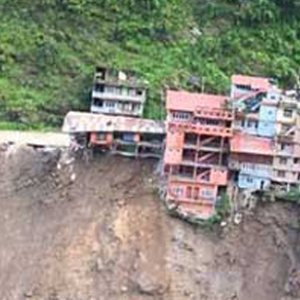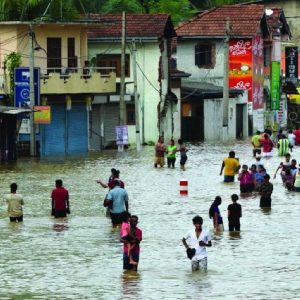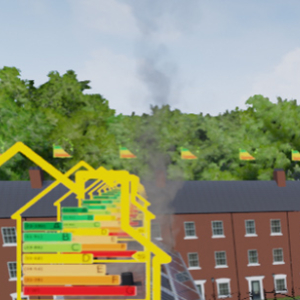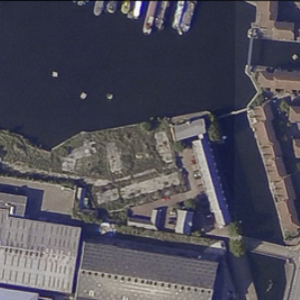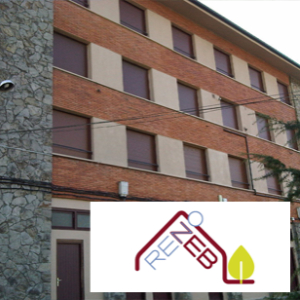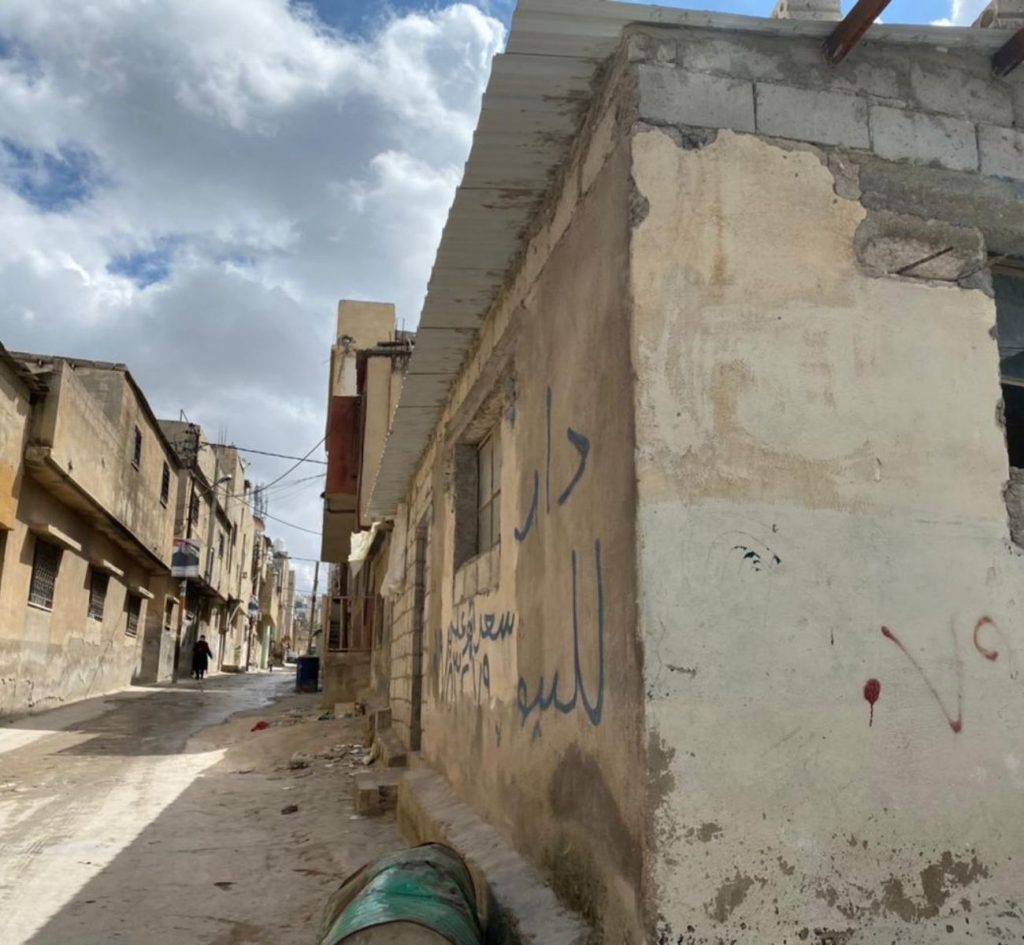Research
We believe that thinking beyond the confinement of disciplines is essential because current societal and organisational problems are too complex to be solved by a single theoretical and methodological set. Therefore the THINKlab is committed to conducting interdisciplinary research to address complex social, economic and environmental challenges. We believe in co-creating solutions with our industry partners and citizens.
We are committed to creating collaborative problem solving environments that can lead to greater insight into current problems through integrated information analysis, better team engagement through advanced visualisation and interaction, and the exploration of possible solutions and their impact through simulation, data analytics and tacit knowledge fusion.
Research Publications
Thinklab has made significant contributions to academic and applied research by publishing a wide range of articles in prestigious, high-impact journals. These publications cover critical topics such as risk assessment, risk-sensitive urban planning, multi-stakeholder collaboration, and participatory methods for measuring resilience. Additionally, Thinklab’s research emphasizes enhancing early warning systems and improving response mechanisms for various crises. These studies aim to bridge the gap between theory and practice, offering actionable insights for building resilient communities and fostering sustainable urban development. Explore our work for in-depth findings and their practical applications.
- Risk Assessment
- Early Warning and Response
- Risk Sensitive Urban Planning
- Assessing the state of the art in community engagement for participatory decision-making in disaster risk-sensitive urban development
- Factors influencing acceptance or rejection regarding being the host community for post-disaster resettlements in developing countries
- A-Priori Framework for Community Transformation for Inclusive and Risk-Sensitive Urban Developments
- Mapping Participatory Methods in the Urban Development Process: A Systematic Review and Case-Based Evidence Analysis
- Modelling interrelationships of the factors impeding community engagement in risk-sensitive urban planning: evidence from Sri Lanka
- Barriers to, and Enablers for, Stakeholder Collaboration in Risk-Sensitive Urban Planning: A Systematised Literature Review
- Inter-Organisational Collaboration Structures and Features to Facilitate Stakeholder Collaboration
- Transformation towards risk-sensitive urban development: a systematic review of the issues and challenges
- Disaster Resilience
- Development of methods for the simplification of complex group-built causal loop diagrams: A case study of the Rechna doab
- Measuring Environmental Resilience Using Q-Methods: A Malaysian Perspective. Sustainability
- Measuring community disaster resilience using Q-methods: A physical resilience perspective
- Measuring community disaster resilience at local levels: An adaptable resilience framework
- Measuring community resilience using Q method: physical resilience perspective
PhD Thesis
Modelling Community Disaster Resilience: A Participatory Approach by Hisham Tariq
Enhancing stakeholder Collaboration in Risk Sensitive Urban Planning by Pavithra Ganeshu
A Holistic Approach for Fostering Community Engagement in the Decision-Making of Risk-Sensitive Urban Planning and Development by Devindi Geekiyanage
The Characteristics of an Integrated Flood Warning and Response System that can Facilitate Evidence-Based Decision-Making: A Case Study in Sri Lanka by Srimal Samansiri
Framework for Implementing Risk-Sensitive Urban Development by Ahmed Roslan
